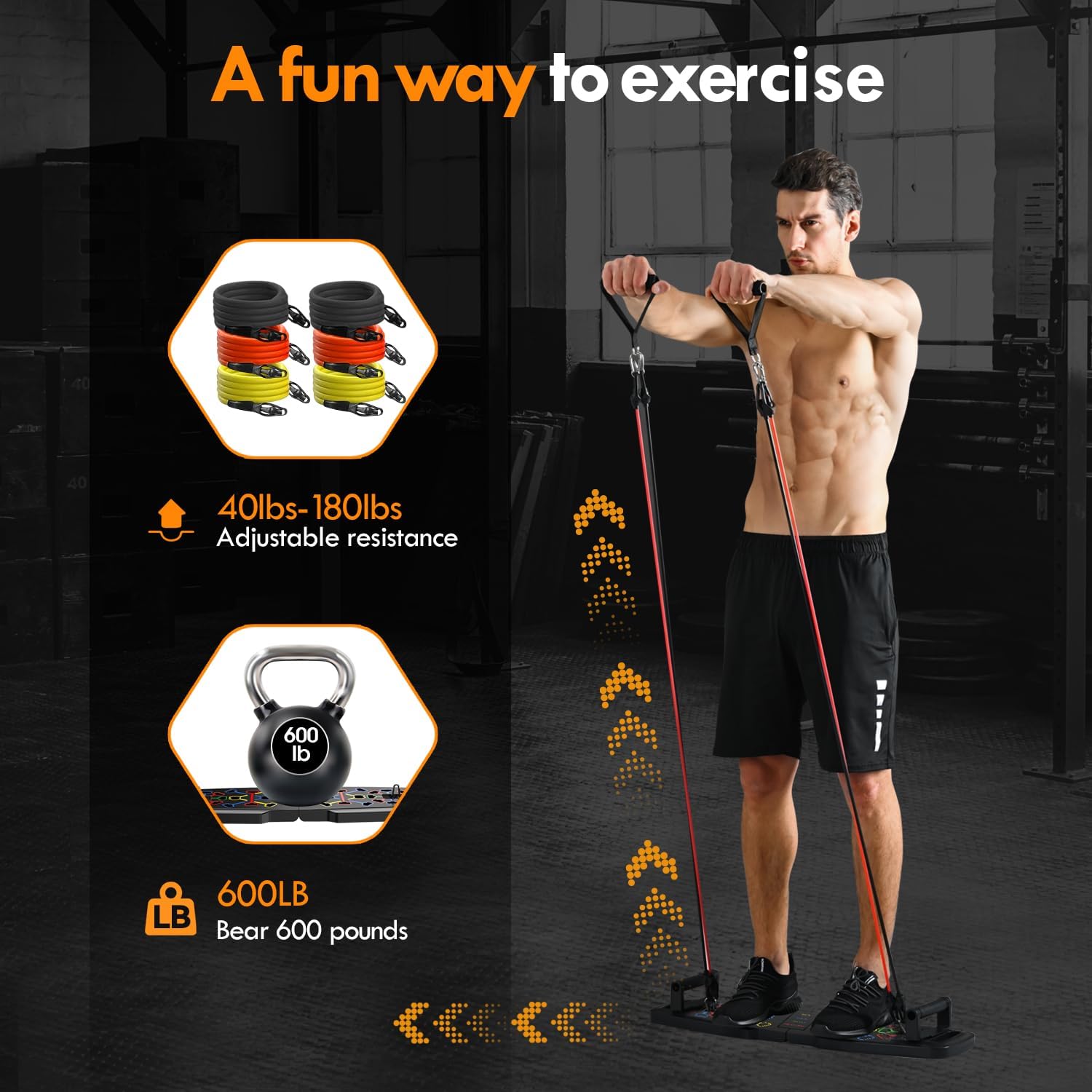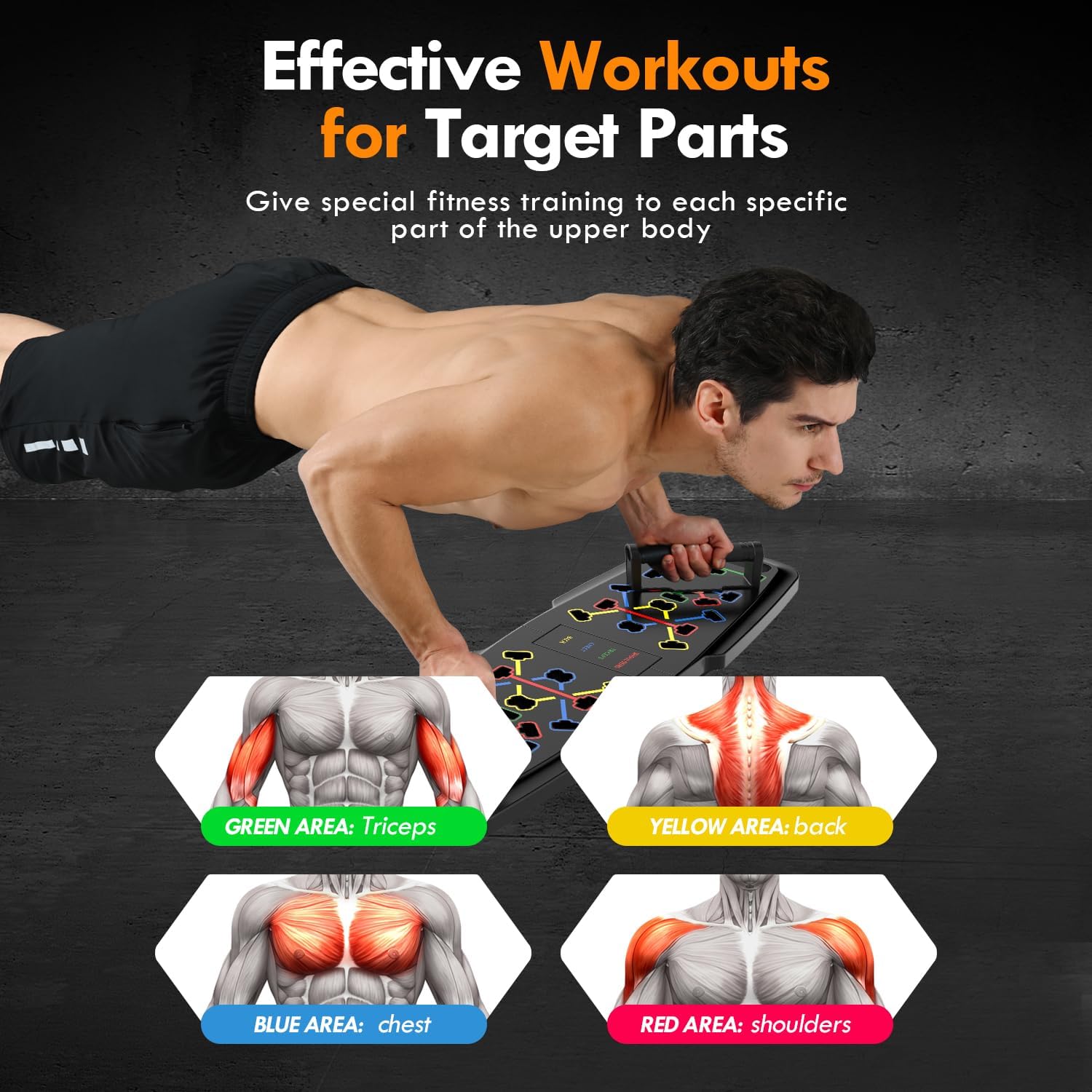Within the domain of sports and fitness, nutrition serves as a fundamental element in reaching optimal performance. Athletes consistently strive to refine their dietary approaches, aiming to elevate endurance, strength, and overall athletic capabilities. The continuous progression of sports science yields regular breakthroughs, revealing transformative insights into the realm of sports nutrition. Let’s explore some of the recent advancements that are revolutionizing how athletes nourish their bodies for triumph.
Personalized Nutrition Plans: Gone are the days of one-size-fits-all nutrition advice. Cutting-edge research emphasizes the importance of personalized nutrition plans tailored to individual athletes based on factors such as body composition, metabolic rate, training intensity, and specific performance goals. Whether it’s optimizing macronutrient ratios, timing of meals, or supplementation strategies, customization is key to unlocking peak performance.
Nutrient Timing: Beyond just what athletes eat, when they eat is gaining prominence as a critical factor in sports nutrition. Recent studies are shedding light on the significance of nutrient timing, including pre-and post-exercise nutrition, to maximize muscle protein synthesis, glycogen replenishment, and overall recovery. Strategic timing of meals and supplements can significantly impact performance outcomes and accelerate recovery between training sessions.
According to a 2017 publication in the Journal of the International Society of Sports Nutrition, for optimal muscle protein synthesis, the International Society of Sports Nutrition (ISSN) recommends consuming a meal containing 20–40 grams of protein every 3–4 hours throughout the day.
The Power of Carbohydrate Gels and Powder: Ingesting carbohydrates during resistance exercise, such as performing 3–6 sets of 8–12 repetition maximum (RM) using various exercises targeting major muscle groups, has been demonstrated to maintain normal blood sugar levels and enhance glycogen storage. Consumption of carbohydrates alone or in conjunction with protein during resistance exercise enhances muscle glycogen stores, reduces muscle damage, and promotes greater short-term and long-term training improvements.
As stated in a publication on PubMed, for endurance athletes engaged in training sessions or competitions lasting longer than 60 minutes, the ISSN recommends consuming 30–60 grams of carbohydrates per hour during the exercise session to optimize energy levels.
Multivitamins and Vitamin D Supplementation for Athletes: Numerous athletes opt for a premium multivitamin that encompasses all essential vitamins and minerals to compensate for any potential deficiencies in their diet. This is generally advisable for the majority, as the potential advantages of incorporating a multivitamin outweigh any associated risks.
One specific vitamin frequently supplemented by athletes is vitamin D, particularly during winter months in regions with limited sun exposure. Decreased levels of vitamin D have been linked to potential impacts on sports performance, thus supplementation is often advocated.
Gut Health and Performance: The gut microbiome, once overlooked in sports nutrition, is now recognized as a potential game-changer. Research suggests that a healthy gut microbiota composition can influence nutrient absorption, immune function, inflammation, and even mental resilience. Probiotics, prebiotics, and dietary fibers are increasingly incorporated into athletes’ diets to support gut health and optimize performance outcomes.
Plant-Based Performance: While traditional notions of sports nutrition often revolve around animal-derived proteins, plant-based diets are gaining traction among athletes. Recent evidence highlights the benefits of plant-based eating patterns for improving cardiovascular health, reducing inflammation, and enhancing recovery. Plant sources rich in protein, such as legumes, nuts, seeds, and soy products, offer sustainable alternatives that align with both performance and environmental sustainability goals.
Supplementation Science: The landscape of sports supplements is constantly evolving, with researchers exploring novel compounds and formulations to enhance athletic performance. From caffeine and creatine to beetroot juice and tart cherry extract, evidence continues to mount supporting the efficacy of various supplements in improving endurance, strength, and recovery. However, it’s essential for athletes to approach supplementation with caution, ensuring safety, legality, and efficacy under the guidance of qualified professionals.
As per BMC research findings, the supplementation of 5 grams of creatine monohydrate per day, the most prevalent form, has demonstrated to enhance power and strength output in resistance training. These improvements can potentially translate into enhanced performance in sports activities.
Here are the key elements to consider when constructing a high-performance dietary plan:
- Incorporate a diverse range of fruits and vegetables to obtain essential vitamins, minerals, and phytonutrients.
- Prioritize whole grains over refined grains, aiming to make at least half of your grain intake whole.
- Include a variety of lean protein sources such as chicken, pork, fish, turkey, eggs, soy products, and plant-based meat alternatives.
- Increase consumption of low-fat dairy products or dairy alternatives.
- Substitute butter and margarine with oils like olive oil to enhance intake of healthy fats.
- Regularly include wild-caught fatty fish like salmon in your diet to ensure sufficient omega-3 intake. If fish isn’t part of your diet, seek out plant-based sources of omega-3s such as chia seeds and walnuts.
- Emphasize foods rich in potassium, fiber, calcium, and vitamin D, as these nutrients are often lacking in typical diets.
By adhering to these fundamental dietary principles, you’ll lay a strong foundation for a high-performance diet, thereby supporting your training and overall nutrition.
Call to Action:
Are you intrigued by the latest advancements in sports nutrition? Whether you’re an athlete, coach, nutritionist, or simply passionate about fitness, we’d love to hear how you’re integrating these game-changing strategies into your routine. Don’t forget to spread the word by sharing this article with fellow enthusiasts who are looking to take their performance to the next level. Together, let’s fuel our journey towards peak performance and optimal health!
Key Takeaway:
Although sports nutrition is highly personalized, several fundamental aspects are crucial for the majority of athletes. Selecting suitable foods, fine-tuning macronutrient intake, optimizing meal timing, maintaining adequate hydration, and choosing suitable snacks are all essential elements to support peak performance. As the field of sports nutrition continues to evolve, staying informed about the latest research findings is paramount for athletes and fitness enthusiasts alike. By incorporating evidence-based strategies into their nutrition regimen, athletes can gain a competitive edge, optimize performance, and support long-term health and well-being.











